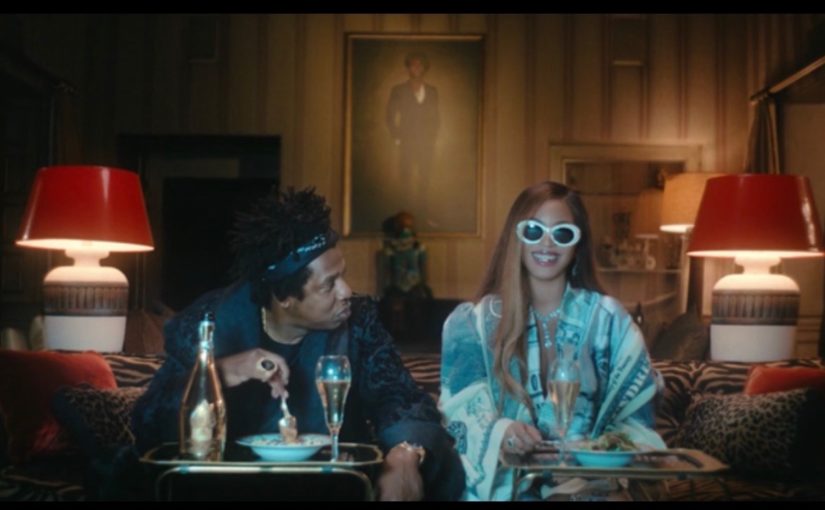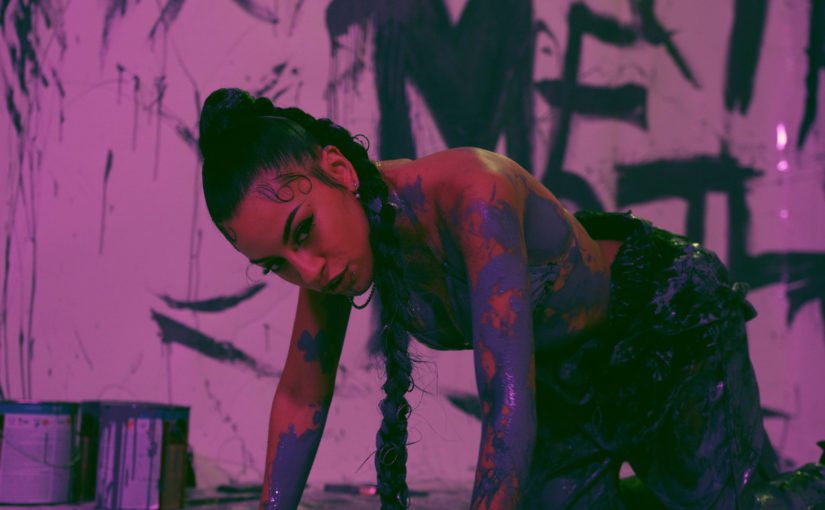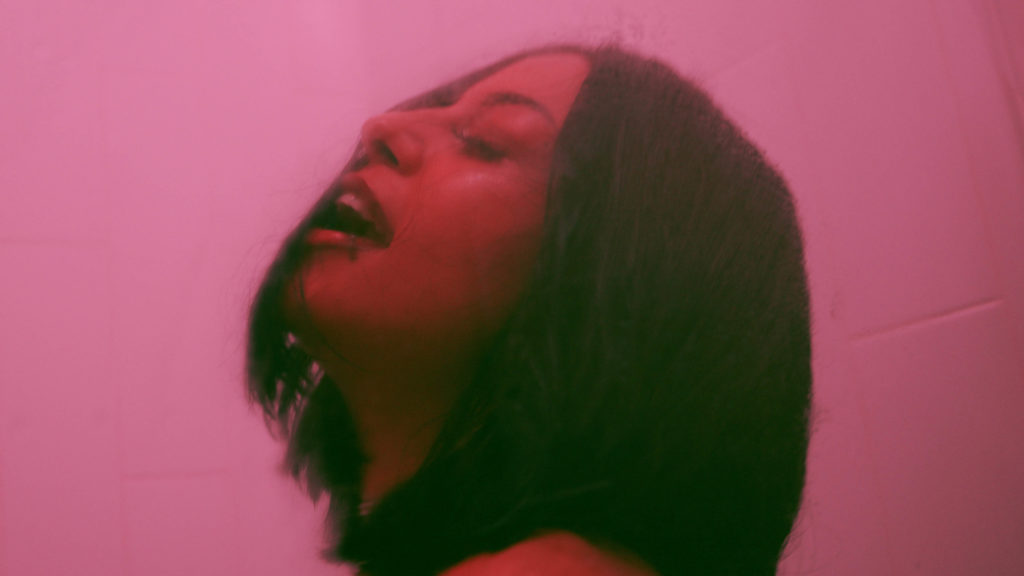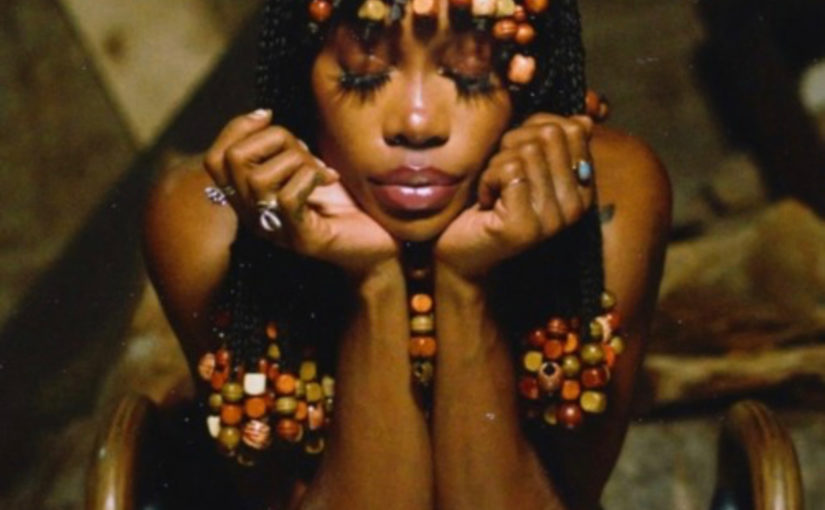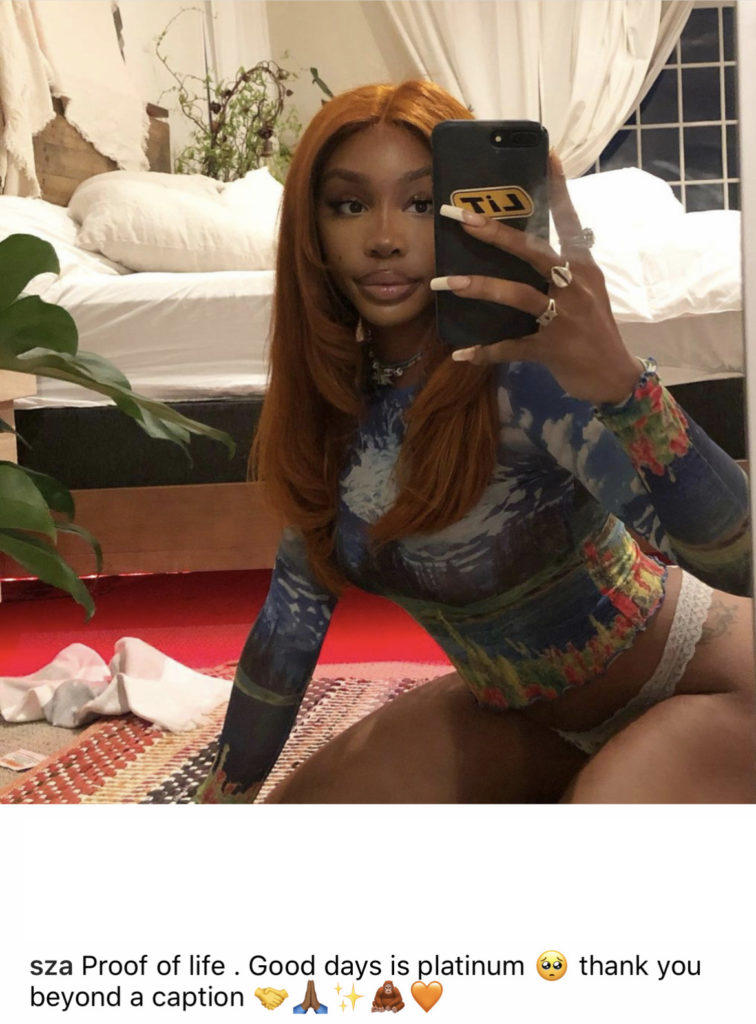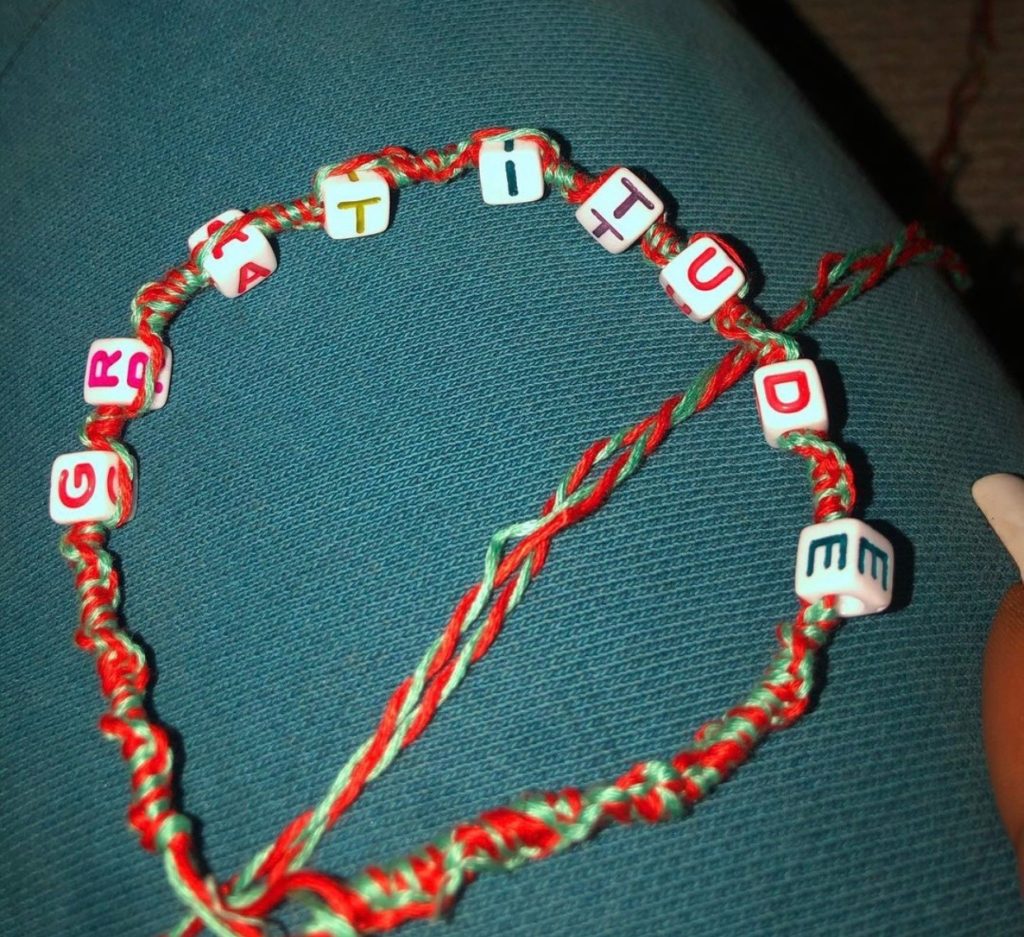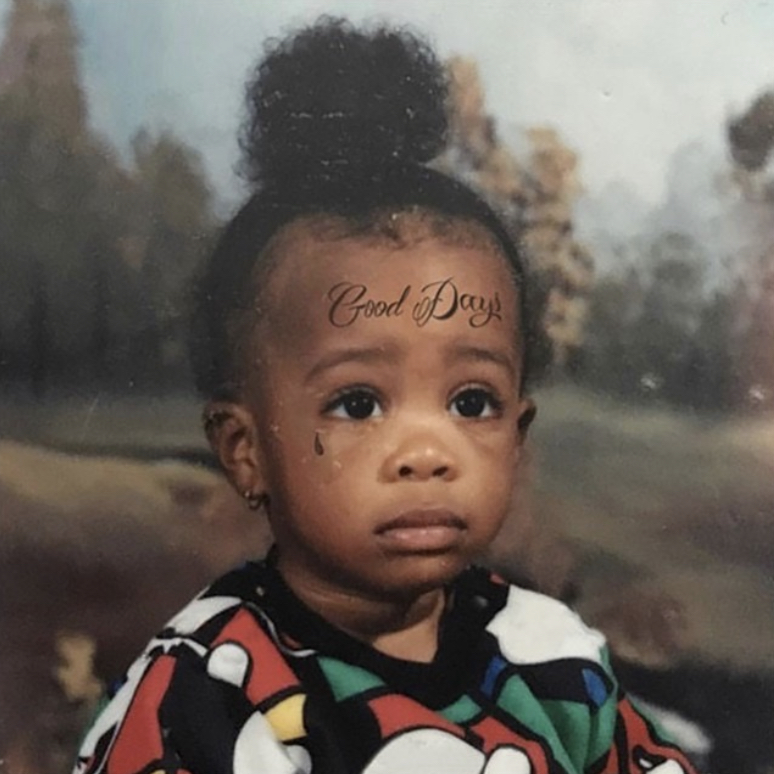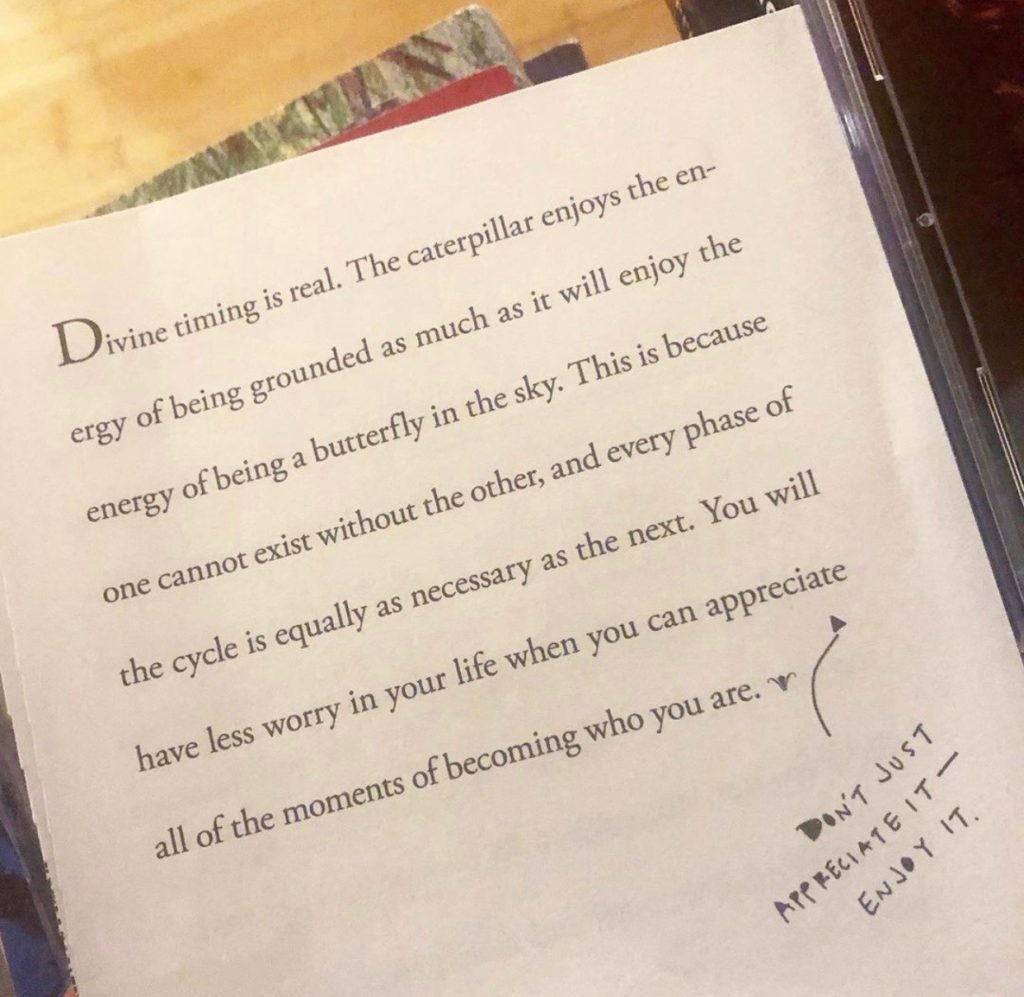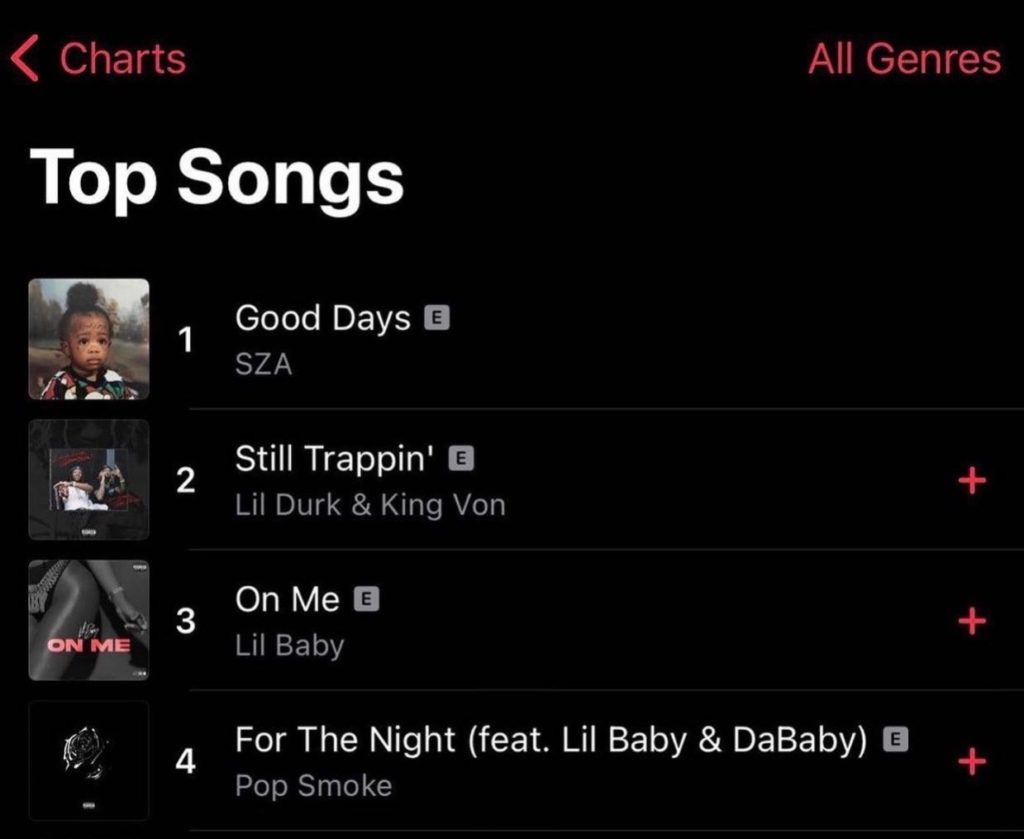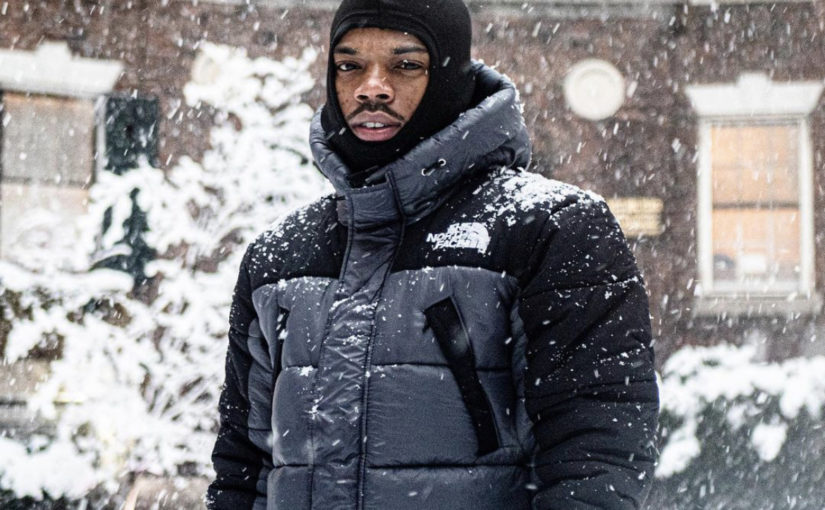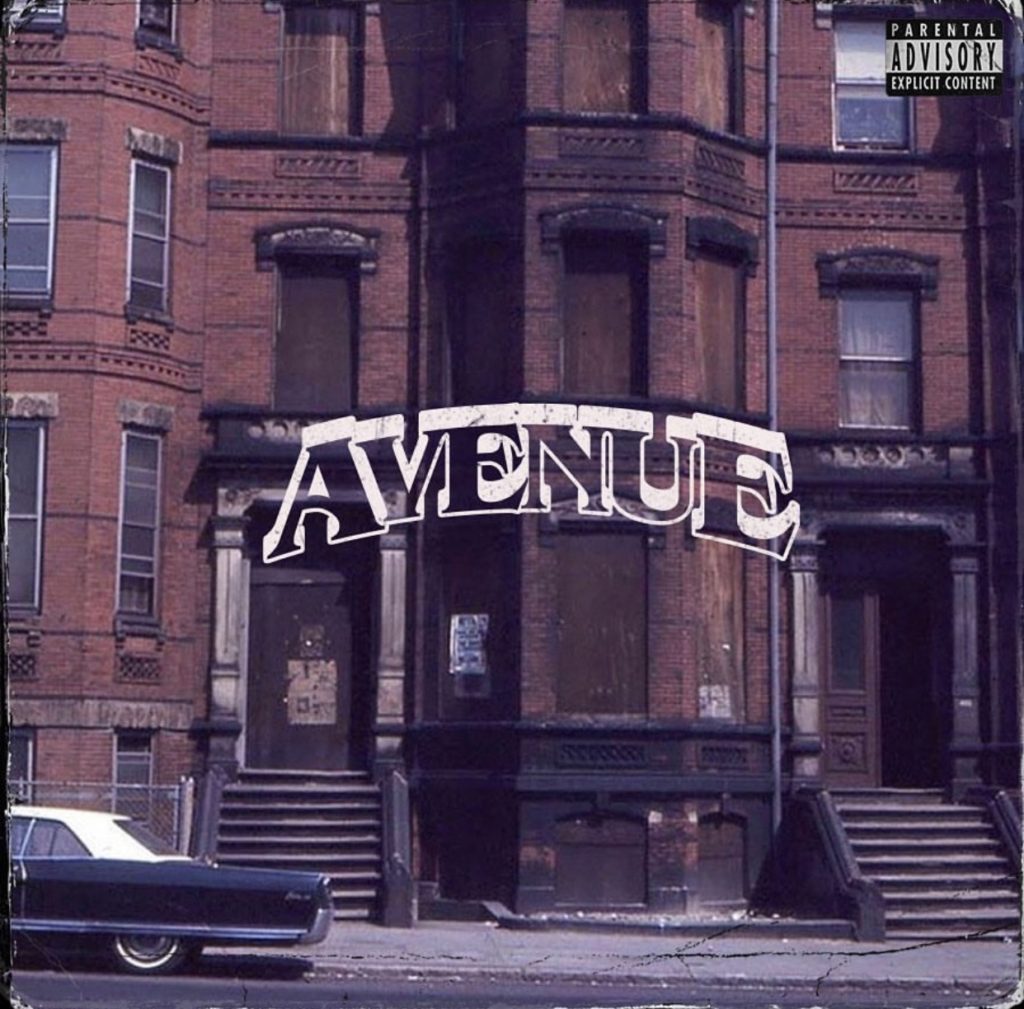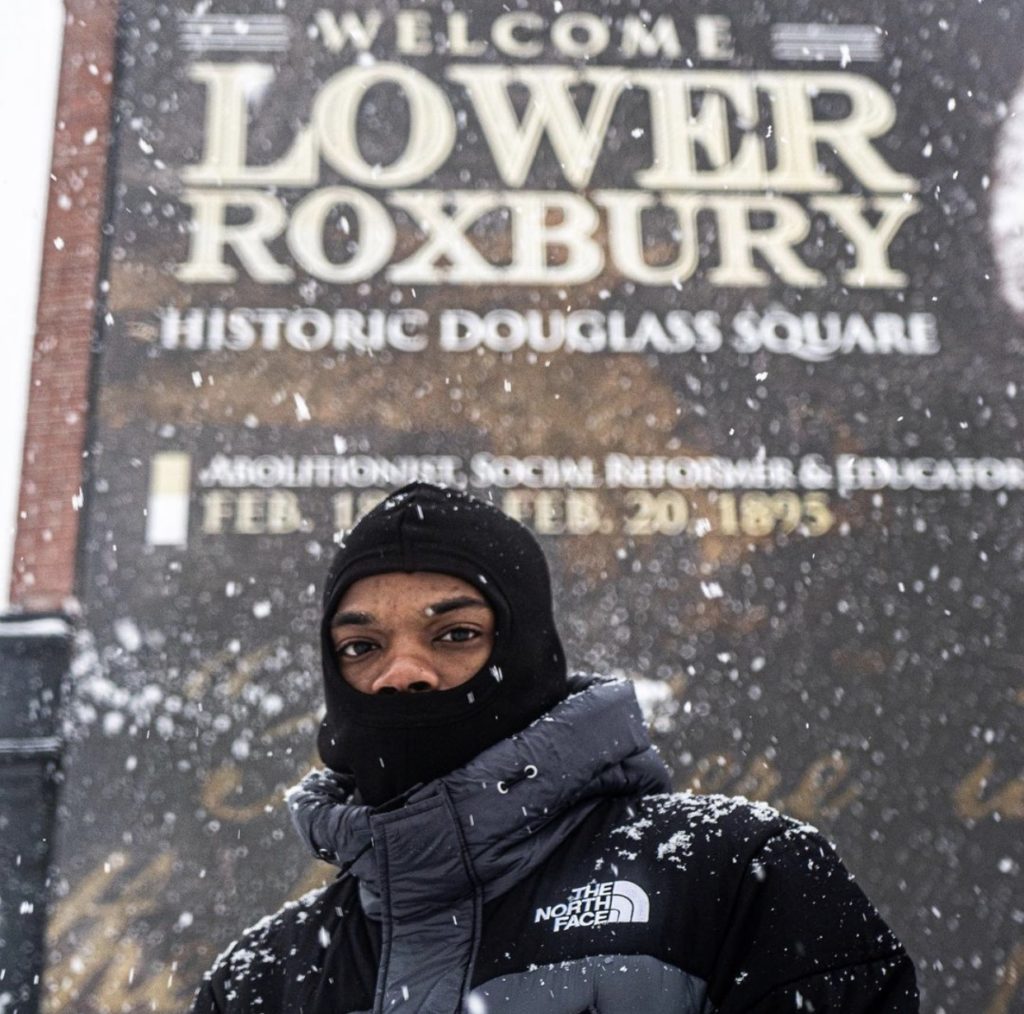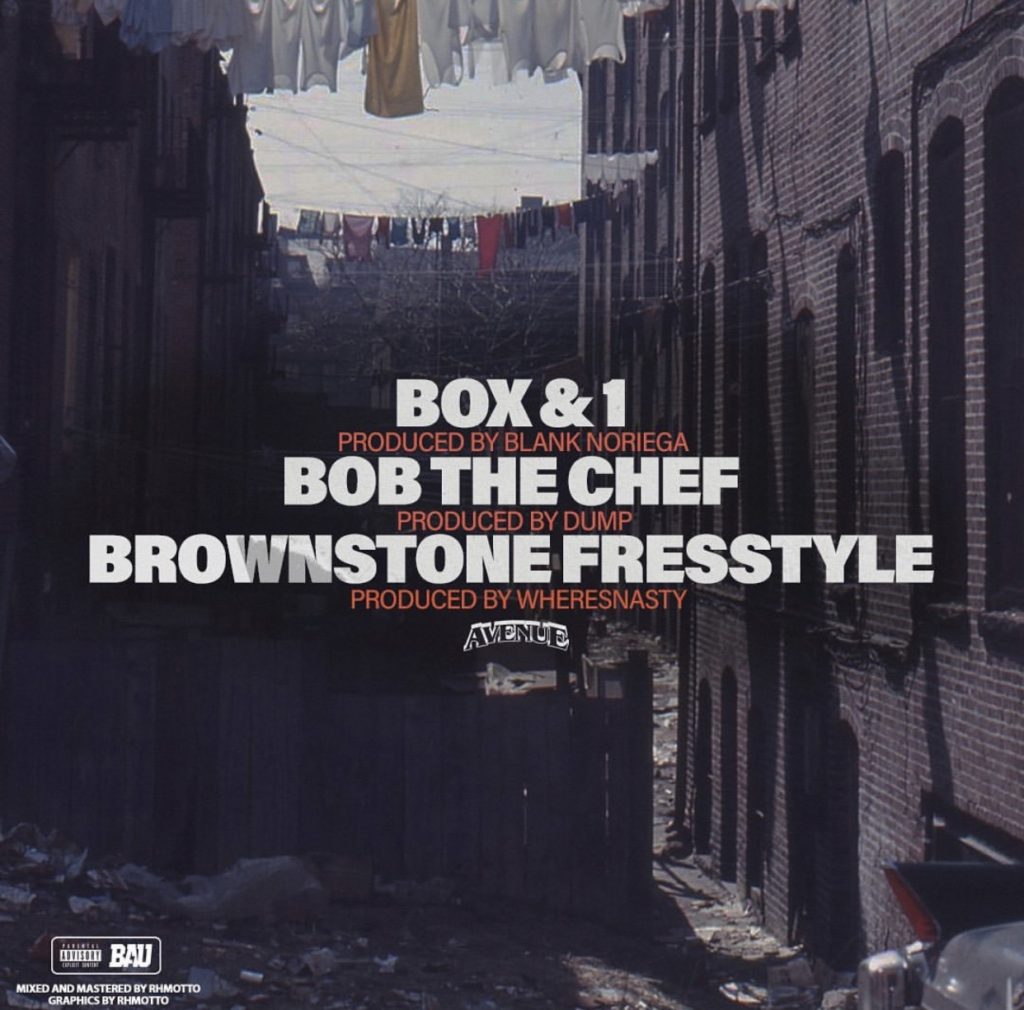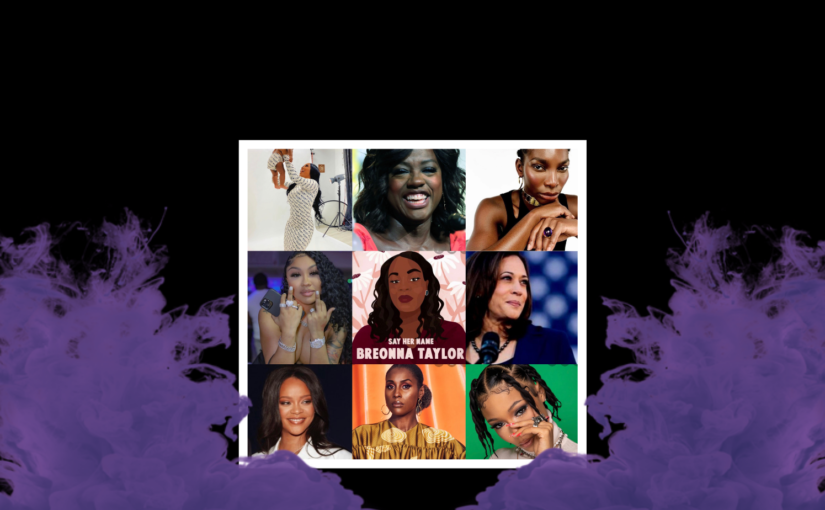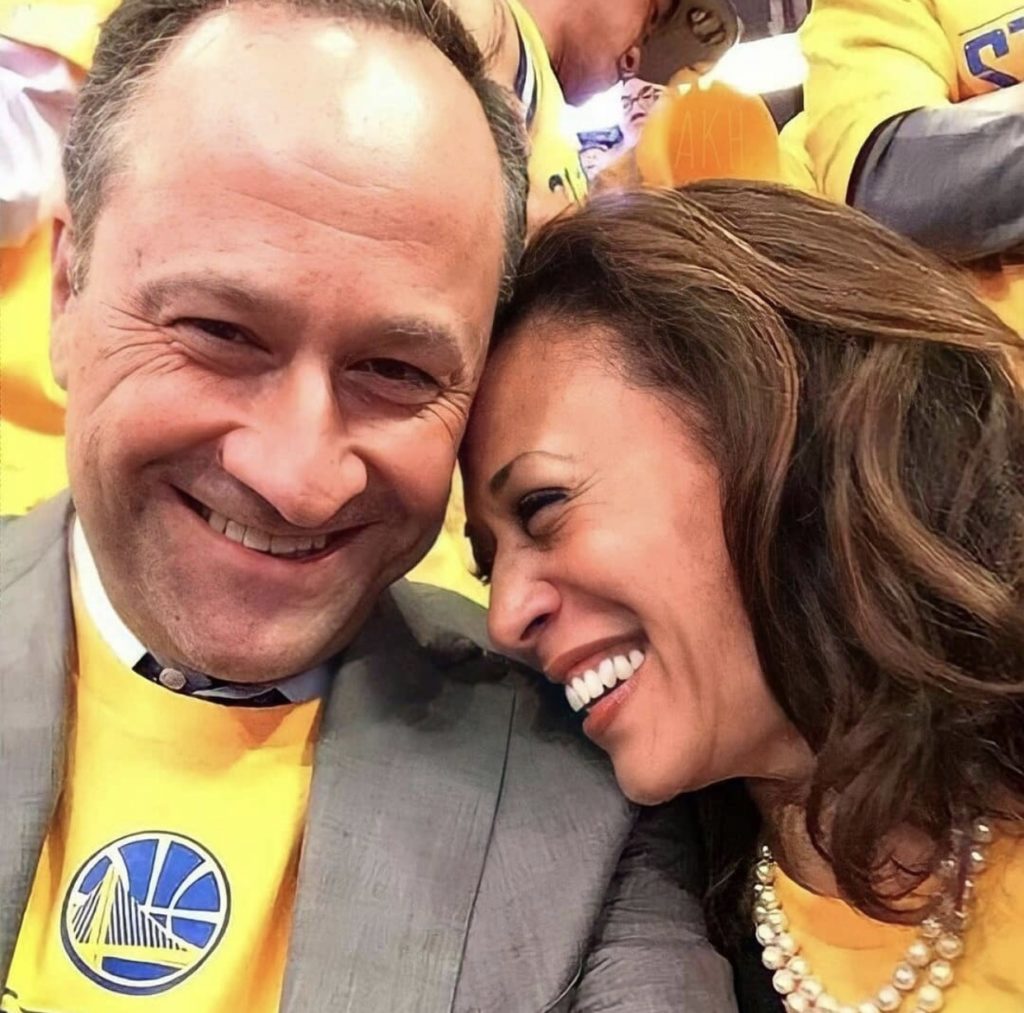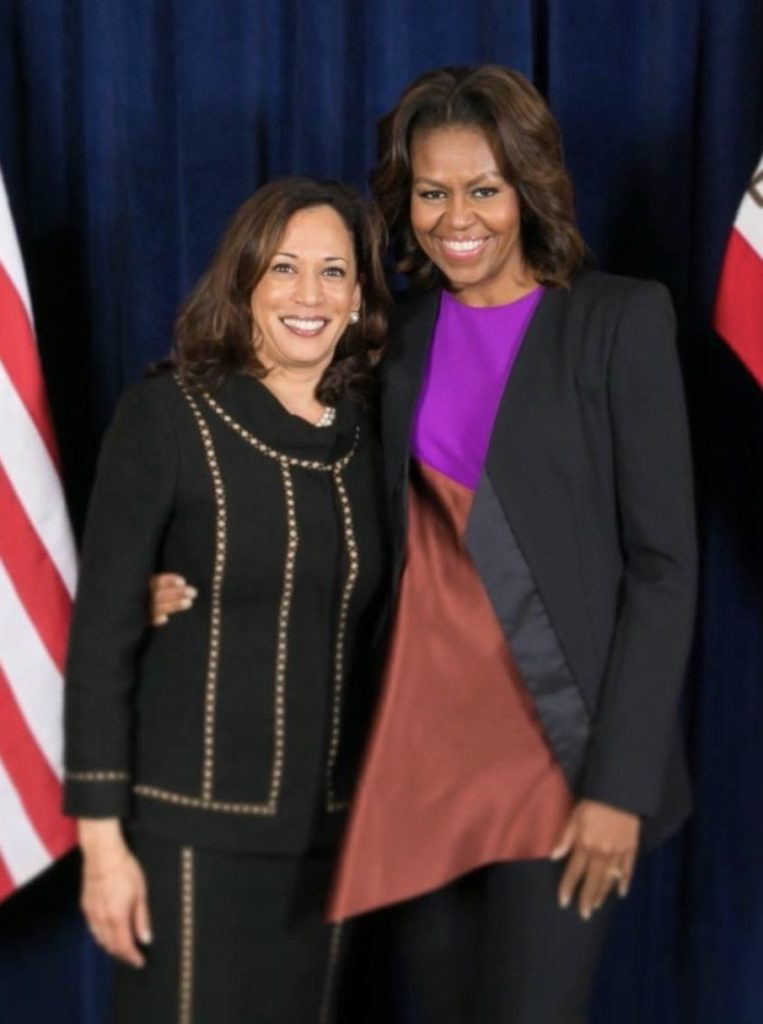Is Black Capitalism the antidote to Black suffering? And if not then why do we all subscribe?
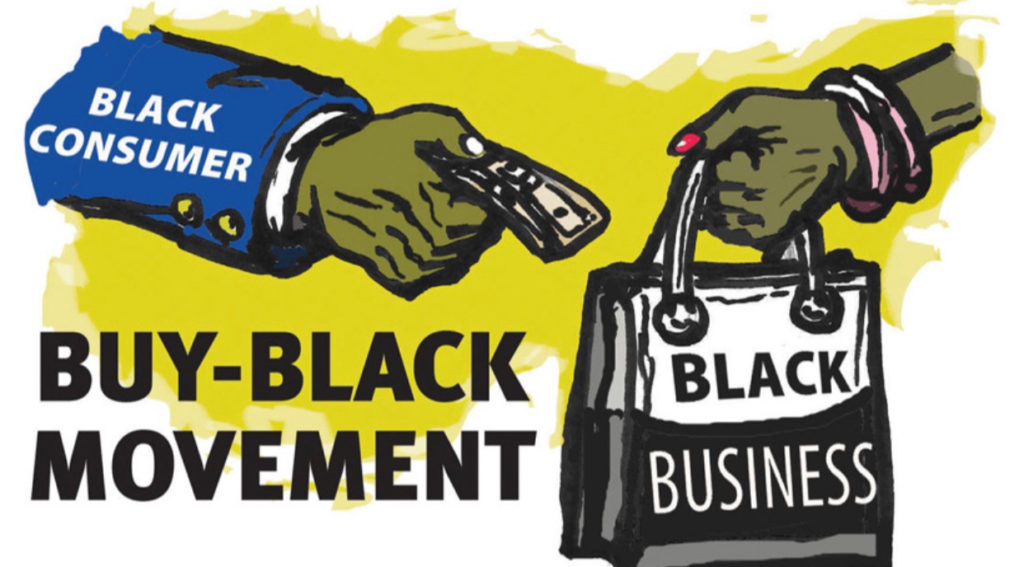
Derek Chauvin , George Floyd, Breonna Taylor, Adam Toledo, Ma’Khia Bryant, Trayvon Martin, Sandra Bland, Fred Hampton, Martin Luther King , your own best friend. Your mother , your brother , your sister, your child.
No one group of people should have this many martyrs. What exactly is the cause that they die for? And how far have we as a people come in the pursuit of that cause?
I find myself often going in between emotions of hope and despair when I think about the plight of so many black people in America. While on one hand black people in America are making strides in the pursuit of racial equality and the overall pursuit of happiness that Thomas Jefferson speaks of in the Declaration of Independence. In this declaration , Jefferson adopted John Locke’s theory of Natural Rights, “ We hold these truths to be self-evident, that all men are created equal, that they are endowed by their Creator with certain unalienable Rights, that among these are Life, Liberty and the pursuit of Happiness”. The irony is that black people were not considered during the authoring of this declaration. So inevitably we are still some of the poorest, under-represented, and persecuted groups in America.
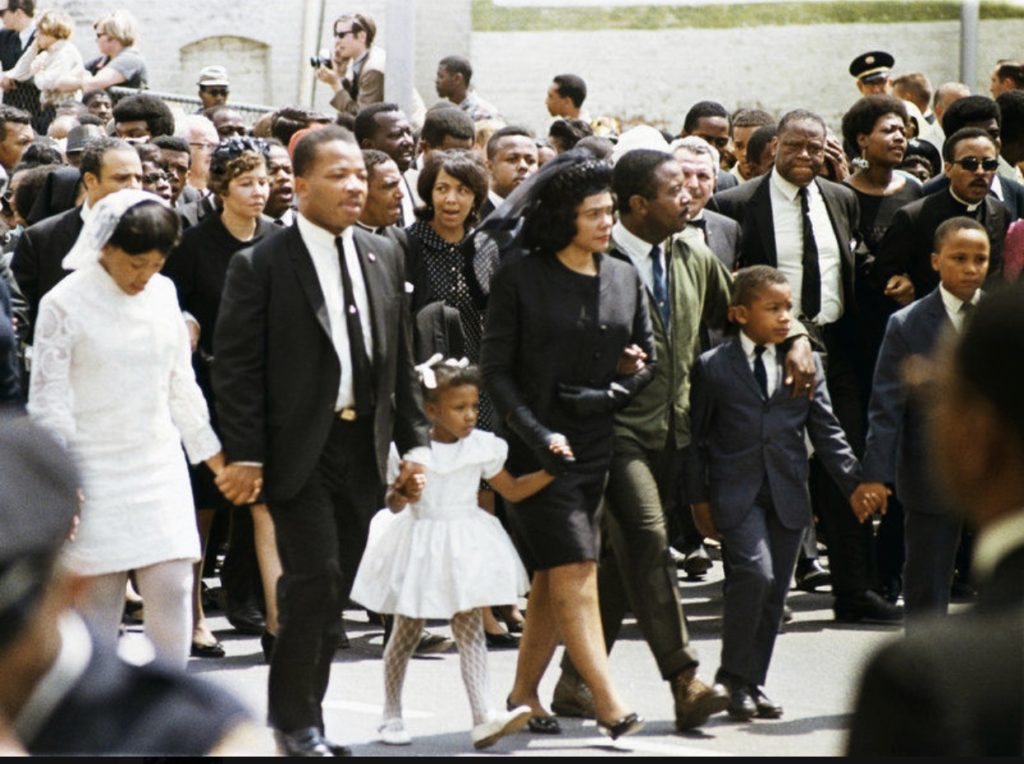
Though many people before us have dedicated their lives to the cause of racial inequity in America, many of us today have chosen not to dedicate so much of ourselves to this cause in order to preserve our own mental health and individual pursuits of happiness.
For me personally, the longer I fixate on the problem of racial inequality in America the bigger the problem becomes and the more multiplicitous the problem reveals itself to be. This is because I cannot discuss the issue of racism in America without addressing disparities in economics, education and healthcare. I can’t talk about racism in America without including the issue of colorism and featurism. I cannot even conceptualize the black identity crises in America without taking into account, intersectionality. Furthermore, I cannot discuss any of these issues without focusing on their individual affects on our mental and physical health overall.
So sometimes my resolution is to not even begin to address the issues or to just ignore these issues because they seem like they will always persist. Lately more than ever, I feel a need to simply enjoy my seemingly insignificant life here.. for it is short. Oftentimes the issues of race seem so much bigger than me, that I cower at the idea of solving them. Someone once said before we change the world we must change ourselves; I have found that personal development has been much more rewarding .
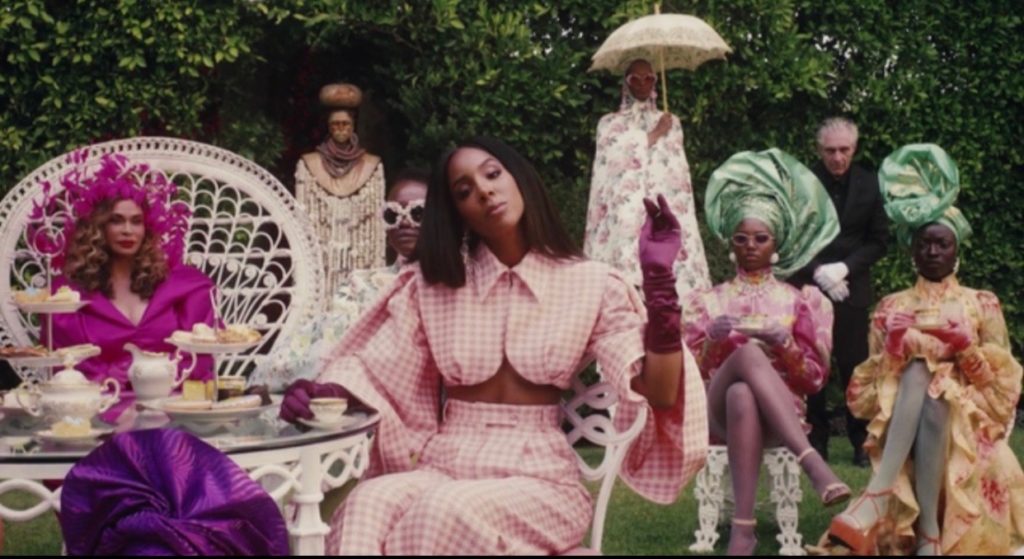
Let’s face it .. We live in the Capitalist mecca. In order to thrive in this society you are better off with money and with more money usually comes more education, more resources and subsequently success. Whatever success means to you, a majority of people would agree that oppression is not a tenet of a thriving, successful life. Over the years, I have seen successful black people use money to transcend the effects of racism or to pull themselves out from under the burden of racial oppression.
If you don’t really understand what I mean when I say oppression it’s okay. If you don’t feel oppressed it is understandable_ ideology is something so thick and omnipresent that you don’t realize you’re in it. It is like fish swimming in water. If you were to ask a fish what water was would they be able to tell you?
This is true for both the ideology of racism and of capitalism. It seems the only way to transcend racial inequity in America is to succumb to the game of capitalism. Get rich, get so powerful that you are strong enough to withstand the inequalities or so the inequalities barely affect you. Is that not the blueprint of the Carters, the P Diddys, and Steve Harveys.
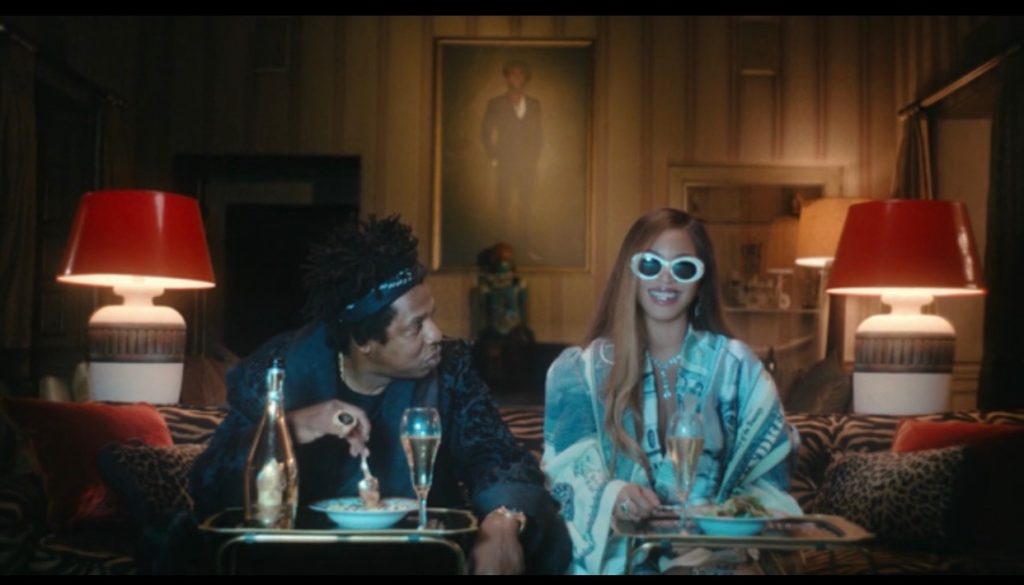
But are we selling out? To succumb to capitalism is to succumb to a system that disregards humanity. But the opposite choice for s black person in America is oftentimes to suffer. That’s why shorty’s hollerin “where the ballers at?” Right? But like a wise man once said in conclusion, “ (..)and the white man get paid off of all of that”. So the more we subscribe to this idea of black wealth, luxury, and success inevitably the more we perpetuate this capitalist system:
Oppression and racial inequality in this capitalistic system is the reason you may have had to take out student loans but Lori Loughlin could buy her daughter’s way into an Ivy League. Inequality Is the reason you may be the first generation of your family to even have attended a college. The reason doctors don’t take you as seriously when you say you’re in pain. It’s the reason why when you go to the corner store in the hood you may not find much fresh produce but you’ll find thousands of cheaply made products with little or no nutritional value. It’s the reason the dark skinned girls get picked last in the music video lineups. It’s the reason for our relatives’ diabetes and hyper-tension. It’s the reason you can’t think straight at work the day or week after another black person or child has been killed again in the country.
But it’s also the reason we push through. The reason we finish that shift. The reason we hustle and pivot and maneuver through life. The reason we bust down our time-pieces and our gold jewelry. The reason wealthy black women everywhere are sporting new birkin bags by the week. The reason my mom worked 80 hours a week. The reason we know how to survive without heat or hot water and sometimes even food. The reason we manage to somehow carry on and add flavor to this bland world, despite the loads we carry everyday. The reason we can turn cornmeal into hush puppies and ox-tails into a delicacy.
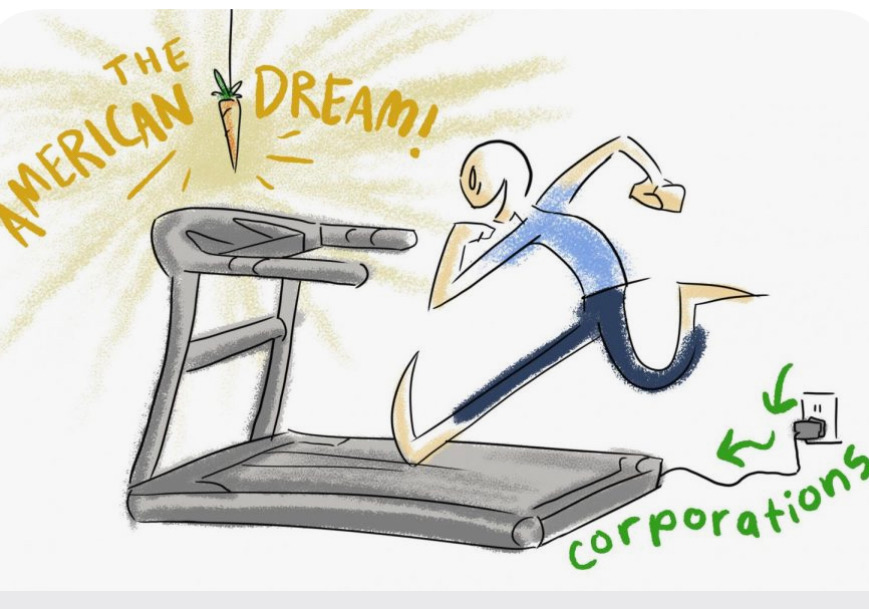
It’s the reason we rob, scam and prostitute. Sure, white people commit these crimes all the time and oftentimes at much larger scales but the difference is often a matter of survival. This game of survival for a black person is a never ending speed-chase. But we run with grace. As we ascend we ascend with grace. My question remains, to where are we ascending? What have our individual successes actually done for the progress of racial equality in America?

